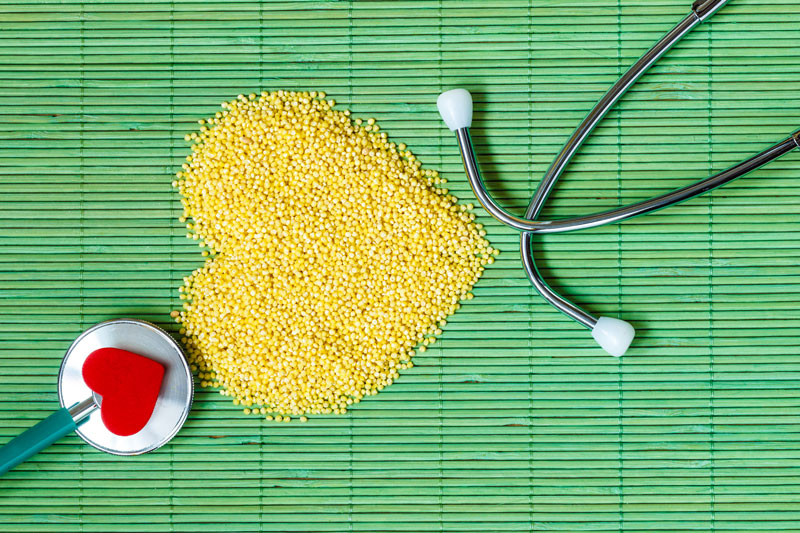How much extra weight is it normal for me to gain during pregnancy?
It depends on the weight you had before pregnancy, but also on your overall health. If your weight was normal before conception, then by the end of pregnancy it should increase from 11 to 15 kg. If you were overweight your doctor would recommend a lower weight gain, perhaps under 10kg, and if your weight was less than normal, he would ask you to increase it by 15kg or more.
What does my diet need to include?
Food intake during pregnancy should be relatively high. Most important, though, is having a balanced diet that will adequately meet your needs and include dairy, starchy foods such as bread and pasta, fruits and vegetables, as well as animal protein. It is also essential to drink plenty of water daily and to control the total amount of caffeine you get from coffee and some soft drinks. Among other things, a pregnant woman has an increased need for vitamins, especially B and D, as well as calcium. Your obstetrician will recommend a diet plan that includes some related supplements.
What should I be aware of regarding the risk of food poisoning?
Food poisoning during pregnancy can cause serious problems in both the pregnant woman and the fetus. Symptoms such as vomiting and diarrhea rapidly dehydrate the body and disturb its chemical balance. To avoid poisoning, be sure to thoroughly wash all raw foods before cooking them – always at a safe temperature – and consuming them. The hygiene rules and the cleaning of kitchen utensils as well as the surfaces you used to prepare the food need to be strictly observed.
What is listeria and how much are pregnant women at risk?
It is a bacterial infection that usually develops in unpasteurized milk, raw vegetables (especially in cut salads that are not consumed immediately), raw fish and meats, as well as prepared foods eaten ready or after warming up. The disease has a low incidence, but it is a condition in which pregnant women are susceptible, because they are ten times more likely to be infected than the general population, but also because listeriosis, if not treated with antibiotics in a timely manner, can seriously threaten both themselves and their babies. To minimize the likelihood of contracting listeria, avoid eating foods that may enable the development of bacteria and food that has been cooked or heated to a sufficiently high temperature. An additional precaution is washing vegetables with vinegar or lemon juice and adding them to the salad.






